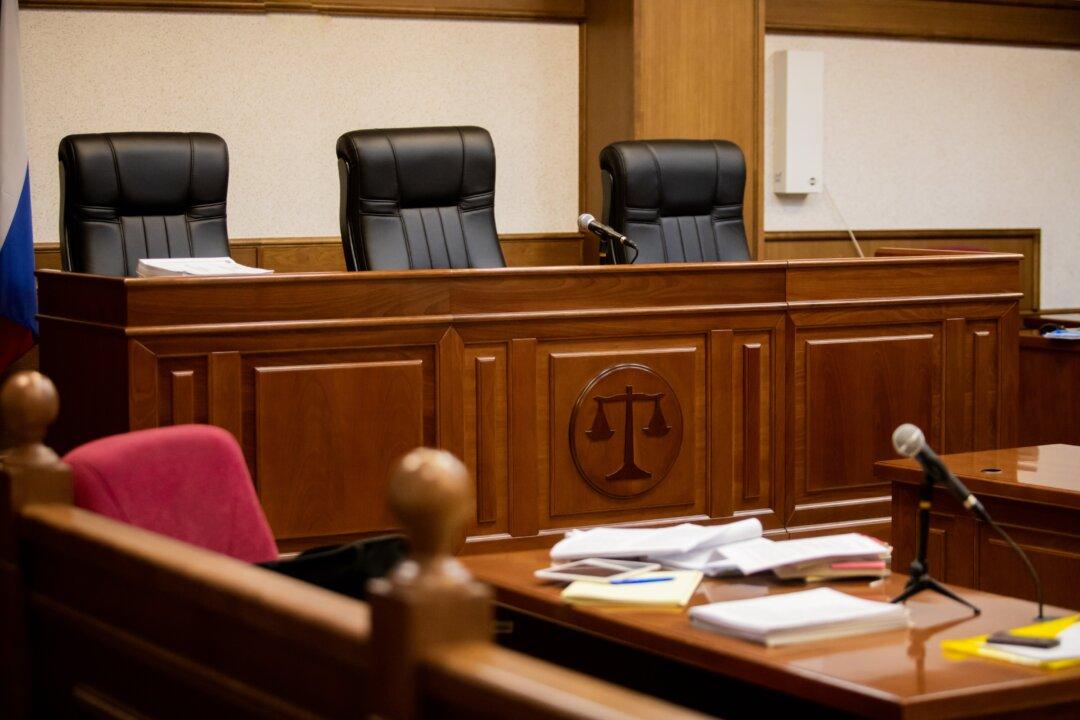1. “A power of attorney can be used to take care of a person’s affairs at their death.”
False. A power of attorney is a document that you sign that gives another person the right to act for you in some or all transactions. If you are dead you do not have the power to do anything, so that means neither does the person to whom you gave the power. The power of attorney dies with you.2. “Reading of the will. A will has to be read to heirs like on television.”
False. While all heirs at law and those who are mentioned in the will have to be given a copy of it, there is no requirement of a formal reading where everyone gathers in a room and listens to the lawyer read it aloud. A mailed copy is the usual procedure. As to trusts, unless local law specifies otherwise only those mentioned in the trust need be notified, and even then they are only entitled to see the parts of the trust specific to them.3. “You can disinherit your spouse and/or children or leave them a pittance.”
Partly true. Children can be disinherited provided that you clearly say, in writing, that you are intentionally leaving them nothing. Otherwise there is a legal presumption that your children, as your natural objects of affection, would not have been disinherited unless you mistakenly left them out. This is important since there are cases of, for example, a father’s children born out of wedlock or from previous marriages. As to a spouse, if you are in a community property state, you cannot disinherit him or her without their written consent. In other states you can’t do it through a will, but can sometimes put all assets in your individual trust and leave nothing to the spouse. Check with a good estate planning attorney to see the rules where you live.
4. “Court costs are what makes probate expensive.”
True and false. Court costs—that is, money paid directly to the court—can be sizeable but are not usually the biggest expense. Courts charge filing fees, guardian ad litem fees, inventory fees on the value of the probated estate, bond fees, and sometimes state inheritance tax. The biggest cost by far is the attorney fee. A more detailed description of attorney fees is referenced in other parts of this book. Suffice it to say here that attorney and executor fees can be many thousands of dollars—money that is paid by the heirs, money they wouldn’t have had to pay if they had avoided probate.5. “If you have a will you don’t need to go through probate.”
False but sometimes true. Wills are just written instructions to the probate court as to who gets what when you die and who is in charge of making that happen. If there are very limited assets, then a probate small estate procedure can be used, avoiding full probate. However, unless your estate qualifies for these procedures, a probate court must oversee the administration of the will in order to legally pass the estate assets to your heirs. This can be very expensive as well as time-consuming. In most cases, your heirs will not receive their share until the probate process is over and all debts and expenses are paid. A will does not usually avoid probate.Ronald Farrington Sharp, Esquire, has practiced family and estate law since 1975 after attending the University of Michigan and Wayne State University Law Schools. He has personally prepared over three thousand trusts. An award-winning mystery writer and sculptor.
Author’s Selected Articles





